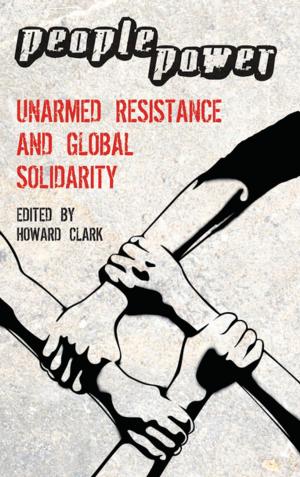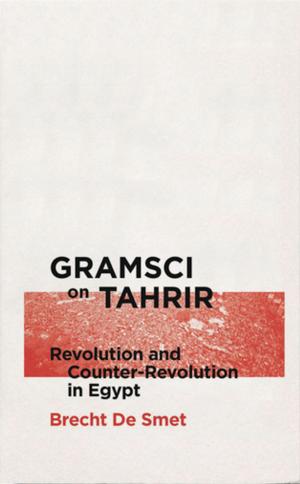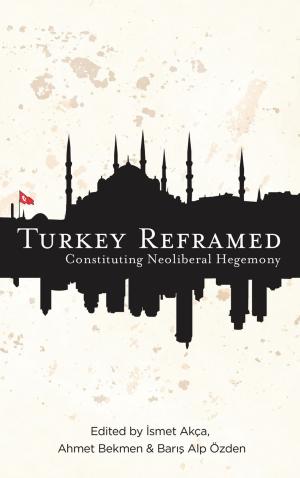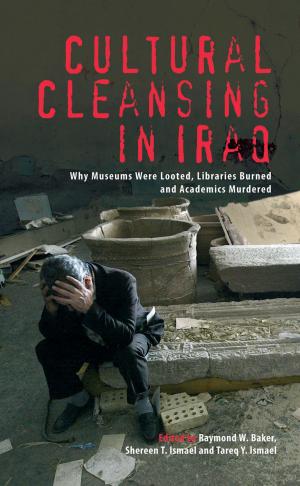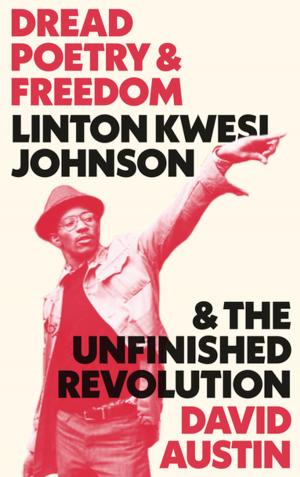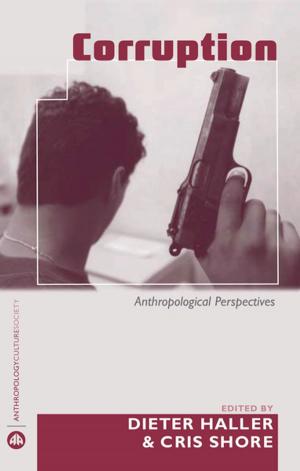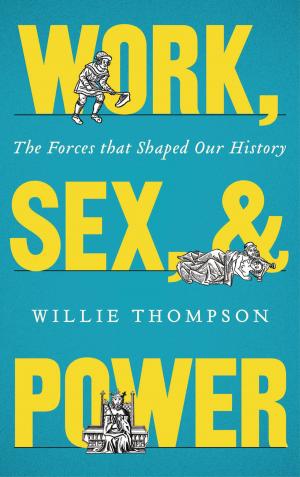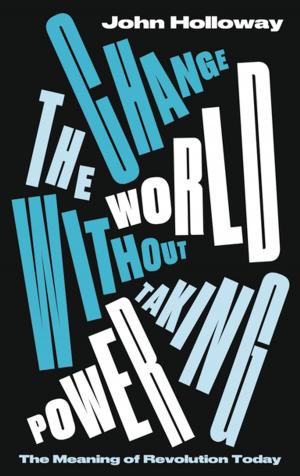On the Arab-Jew, Palestine, and Other Displacements
Selected Writings of Ella Shohat
Nonfiction, History, Middle East| Author: | Ella Shohat | ISBN: | 9781786800480 |
| Publisher: | Pluto Press | Publication: | April 20, 2017 |
| Imprint: | Pluto Press | Language: | English |
| Author: | Ella Shohat |
| ISBN: | 9781786800480 |
| Publisher: | Pluto Press |
| Publication: | April 20, 2017 |
| Imprint: | Pluto Press |
| Language: | English |
Spanning several decades, Ella Shohat’s work has introduced conceptual frameworks that fundamentally challenged conventional understandings of Palestine, Zionism and the Middle East, focusing on the pivotal figure of the Arab-Jew. This book gathers together her most influential political essays, interviews, speeches, testimonies and memoirs. as well as previously unpublished material.Defying the binarist and Eurocentric Arab-versus-Jew rendering of the Israeli/Palestinian conflict, Shohat’s work has dared to engage with the deeper historical and cultural questions swirling around colonialism, Orientalism and nationalism. Shohat’s paradigm-shifting work unpacks such fraught issues as the anomalies of the national/colonial in Zionist discourse; the narrating of Jewish pasts in Muslim spaces; the links and distinctions between the dispossession of the Nakba and the dislocation of Arab-Jews; the traumatic memories triggered by partition and border-crossing; the echoes within Islamophobia of the anti-Semitic figure of ‘the Jew’; and the efforts to imagine a possible future inter-communal ‘convivencia’.Shohat’s transdisciplinary perspective illuminates the cultural politics in and around the Middle East. Juxtaposing texts of various genres written in divergent contexts, the book offers a vivid sense of the author’s intellectual journey.
Spanning several decades, Ella Shohat’s work has introduced conceptual frameworks that fundamentally challenged conventional understandings of Palestine, Zionism and the Middle East, focusing on the pivotal figure of the Arab-Jew. This book gathers together her most influential political essays, interviews, speeches, testimonies and memoirs. as well as previously unpublished material.Defying the binarist and Eurocentric Arab-versus-Jew rendering of the Israeli/Palestinian conflict, Shohat’s work has dared to engage with the deeper historical and cultural questions swirling around colonialism, Orientalism and nationalism. Shohat’s paradigm-shifting work unpacks such fraught issues as the anomalies of the national/colonial in Zionist discourse; the narrating of Jewish pasts in Muslim spaces; the links and distinctions between the dispossession of the Nakba and the dislocation of Arab-Jews; the traumatic memories triggered by partition and border-crossing; the echoes within Islamophobia of the anti-Semitic figure of ‘the Jew’; and the efforts to imagine a possible future inter-communal ‘convivencia’.Shohat’s transdisciplinary perspective illuminates the cultural politics in and around the Middle East. Juxtaposing texts of various genres written in divergent contexts, the book offers a vivid sense of the author’s intellectual journey.

